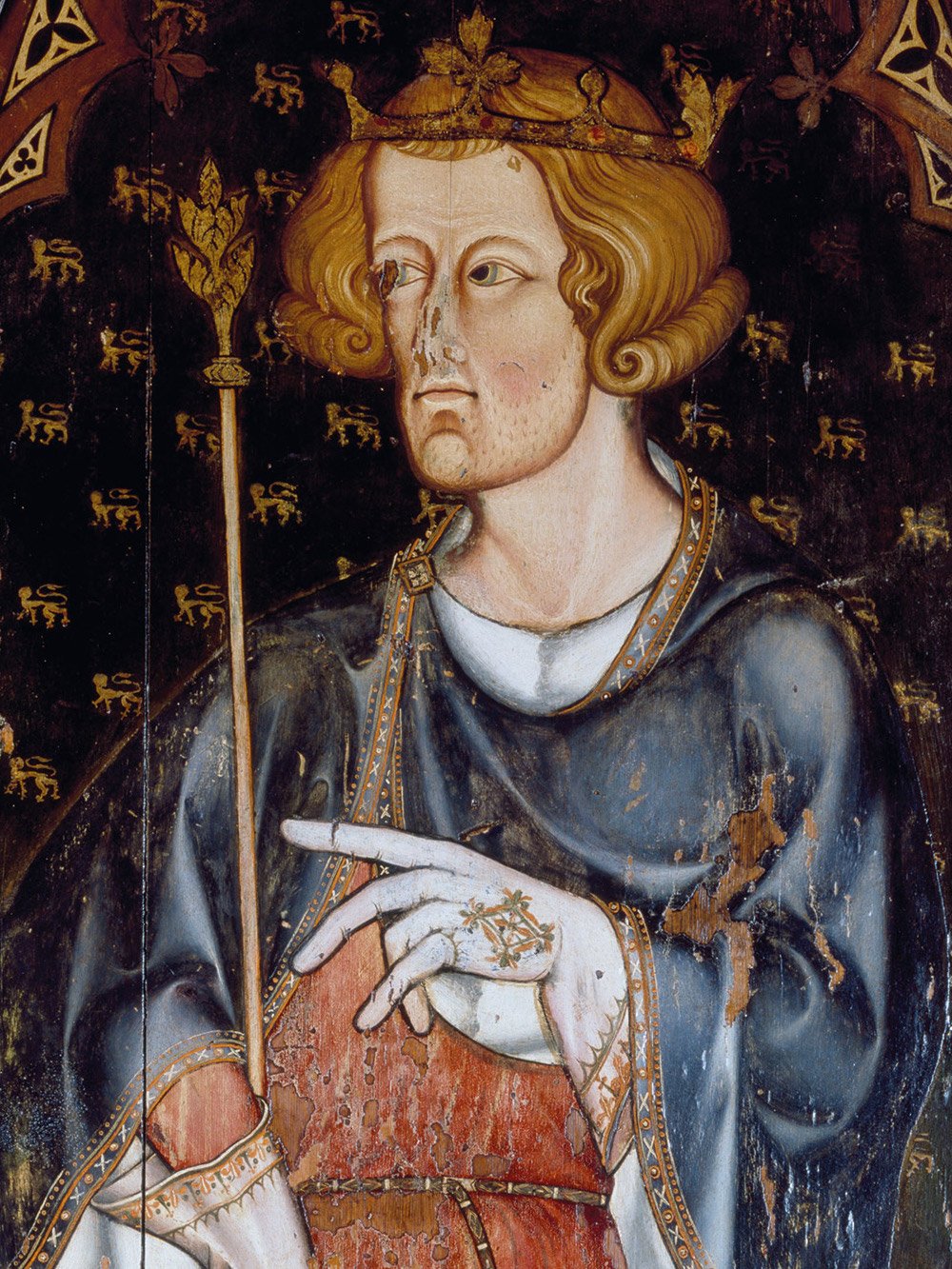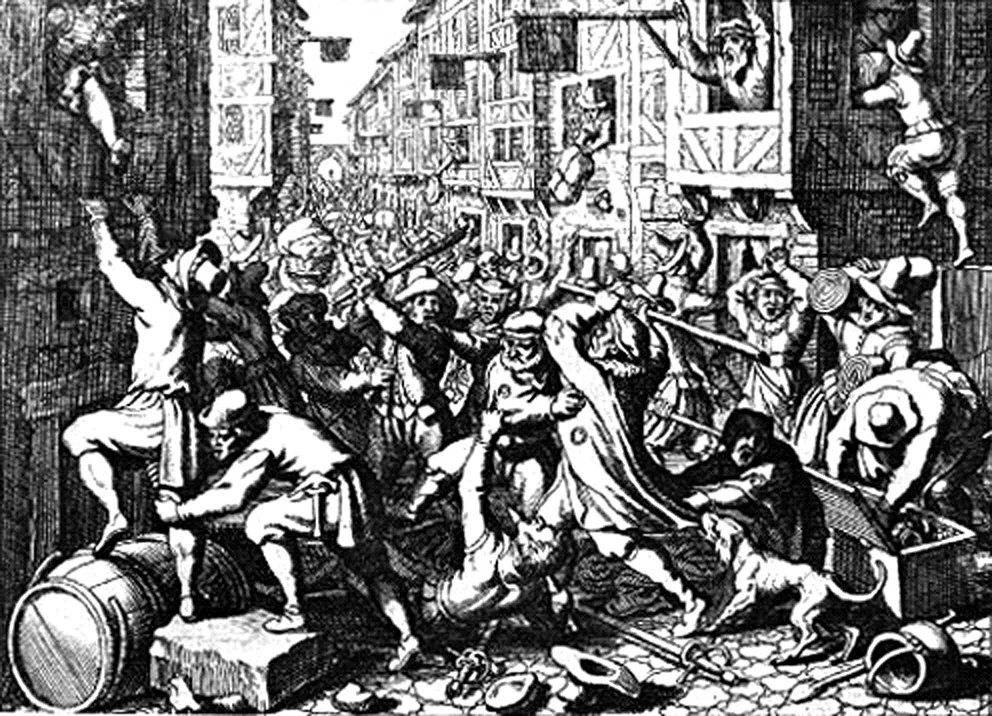From Expulsion to Empathy: Learning from the Past in South of Sepharad
Our novel, South of Sepharad by Eric Z. Weintraub, depicts the lives of Sephardic Jews in 1492 shortly after the Alhambra Decree, an edict ordering the expulsion—or conversion—of all Jews from the Crowns of Castile and Aragon. It is a tragic and dark period of Spanish and Jewish history often overlooked because of the 1492 Columbus Expedition to the so-called New World. South of Sepharad does an excellent job of inviting readers into the daily lives of one Jewish family deeply affected by the decree and conveying to readers the harsh reality of this real and tragic history. Unfortunately, the Alhambra Decree and the effects it had on Jewish people is just one of many instances of the persecution and forced exile of Jewish peoples throughout world history. In using the novel to highlight the expulsion of Jews from Spain, let us take a moment to acknowledge a few other historical events related to the persecution and forced exile of the Jews—events that while difficult to revisit, are important to remember.
Portrait in Westminster Abbey likely depicting Edward I, installed sometime during his reign
1290 - Edict of Expulsion
On July 18, 1290, Edward I, King of England, signed the Edict of Expulsion, a royal decree expelling all Jews from the Kingdom of England. This made England the first European state to permanently ban the presence of Jews. At the time, Edward I was deeply in debt. Additionally, his earlier attempts to convert Jews to Christianity had failed. In his explanation for the forced exile, Edward I claimed that Jews had broken trust with him by continuing to find ways to charge interest on loans. He labeled them as criminals and traitors, and said they were expelled "in honour of the Crucified". According to the decree, all Jews in England were required to leave by November 1, 1290. They were allowed to leave with cash and personal possessions, but outstanding debts, homes, and other buildings including synagogues and cemeteries were forfeit to the King. The edict was not lifted until 1656.
1420 - The Vienna Gesera
Known as the Vienna Gesara (or Vienna Decree), on May 23 1420, Albert V, Archduke of Austria, ordered the roundup of all Jews. The roundup was based on the suspicion that the Jews were giving support to the Hussites. Also, like Edward I in England, Albert V was deeply in debt to the Jews of Austria and may have been jealous of the increasing wealth of the Viennese Jews. At the beginning of the roundup, there were many imprisonments, with starvations and tortures leading to executions. Some Jews sold into slavery with others being baptized against their will. Some Jews managed to escape, but a great many of those imprisoned ended up committing suicide. Ultimately, the Viennese Jewish community of about 1,500 effectively ceased to exist and its properties were confiscated by the duke. Then, on March 12, 1421, the approximately 200 remaining Jewish survivors were led to the pyre and publicly burned alive.
1496 - Jewish Expulsion from Portugal
In the aftermath of the Alhambra Decree, King Manuel I of Portugal signed a similar decree expelling all Jews and Muslims from Portugal, or requiring their conversion to Christianity. The decree was signed December 5, 1496, and it was made in order to satisfy a request by the Catholic Monarchs of Spain during the negotiations of the contract of marriage between himself and their eldest daughter Isabella, Princess of Asturias, as an unstated condition to win her hand. The decree turned into an edict that all Jews must convert to Catholicism and many were forcibly baptized. Those who refused to pay taxes in protest were deported to the islands of São Tomé and Prícipe and left to their fates. Years later, in 1506, the conversos of Lisbon were accused of practicing Judaism and approximately 2,000 were killed in the Lisbon Massacre.
The pillaging of the Frankfurter Judengasse during the Fettmilch pogrom; print by Matthäus Merian the Elder, 1628.
1614 - Fettmilch Uprising
In 1614, following the Fettmilch Uprising, an antisemitic revolt in the Free imperial city of Frankfurt am Main, all Jews were expelled from Frankfurt, Holy Roman Empire. The revolt was the result of the rising frustrations of the guilds caused by the mismanagement of the patrician-dominated city council. At the time, many of the merchants, craftsmen, and others were in debt to the moneylenders in the Frankfurt Jewish quarter, the Judengasse. On August 22, 1614, a crowd of journeymen surged through the city shouting "give us work and bread!" Eventually, the crowd focused its anger on the Judengasses. Perhaps believing they could get rid of their debts by getting rid of their creditors, the crowd attacked the Judengasse. The Jews eventually fled to the neighboring cemetery, where many of them were hidden by friendly Frankfurt citizens. Meanwhile, the mob plundered the Judengasse, until it was finally driven out by the Frankfurt citizens' militia around midnight. The damage from this pillaging ran to around 170,000 guilders.
Sadly, events such as the Alhambra Decree, the Edict of Expulsion, The Vienna Gesera, the Jewish Expulsion from Portugal, and the Fettmilch Uprising, are just some of the many examples of the persecution of Jews throughout history. While tragic and painful, it’s important to acknowledge, understand, and learn from these events in order to understand ourselves and to make the world better. Novels like Weintraub’s South of Sepharad take this dark history and make it relatable. By highlighting the experience of one Jewish family, Weintraub taps into the grief, heartache, love, and faith that all of us have experienced. The novel helps us to experience history in the moment, to empathize with those who lived it, and to truly understand that we are all part of making the world a better place.
SOUTH OF SEPHARAD is an epic, historical novel which brings readers directly into the lives of 15th century Jews during their expulsion from Granada, Spain. Having grown so close to these characters, the book ending comes all too quickly. Written in the voice of someone living in that era, this book captures details and nuances which only careful research could achieve. A must-read for all those wanting to learn more about this little known event in history which displaced thousands, resulting in untold suffering and death.
–John W. Jarrett, Author of The Dark Prairie



